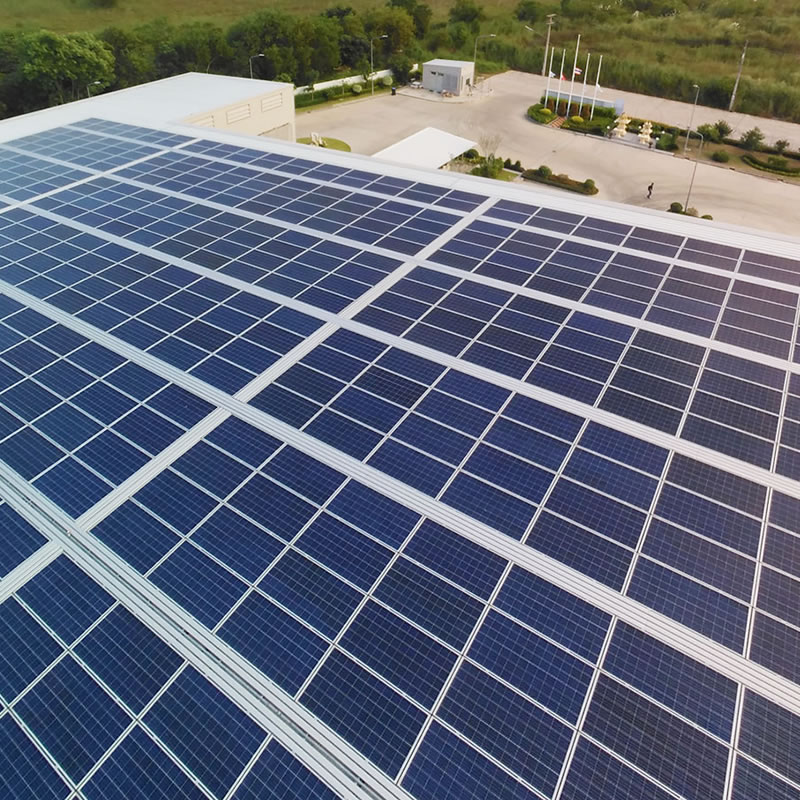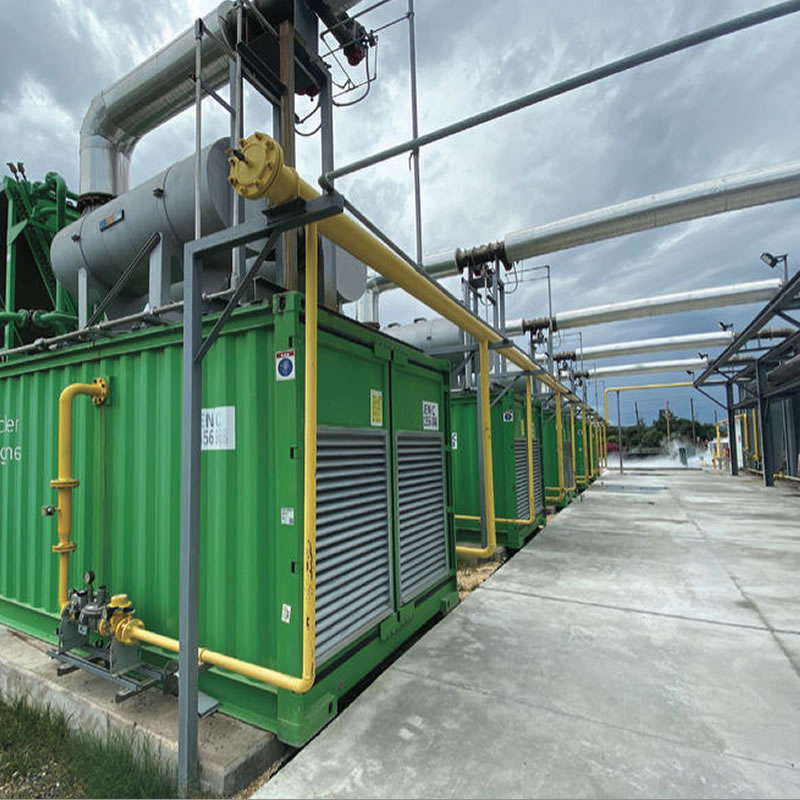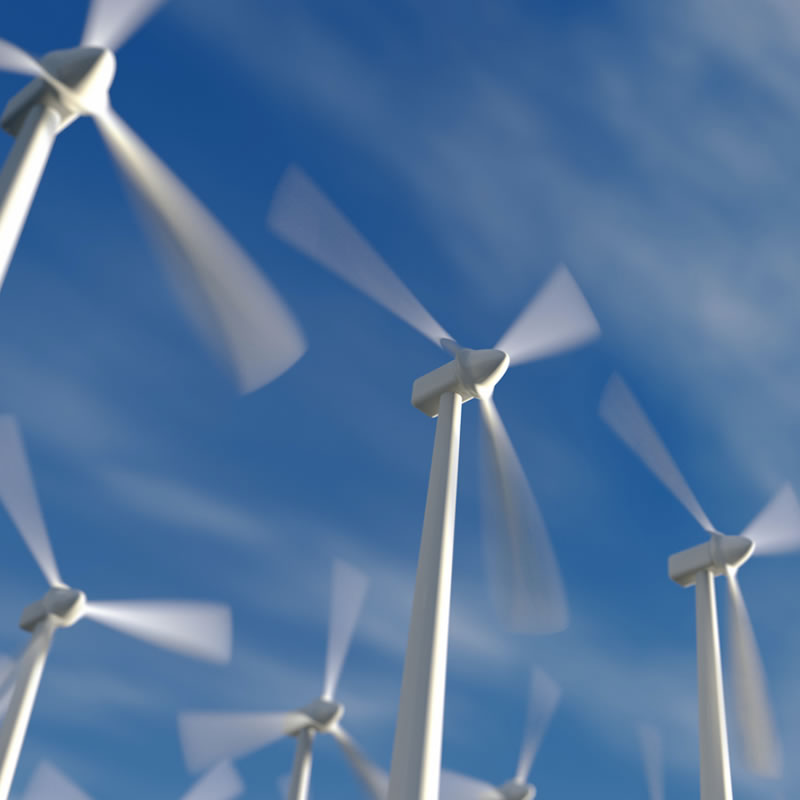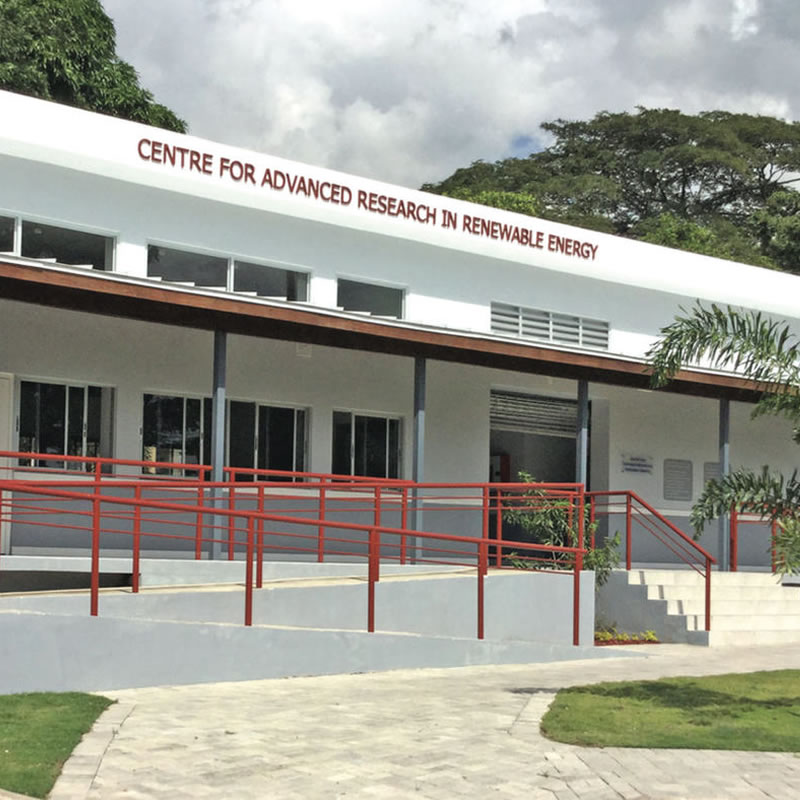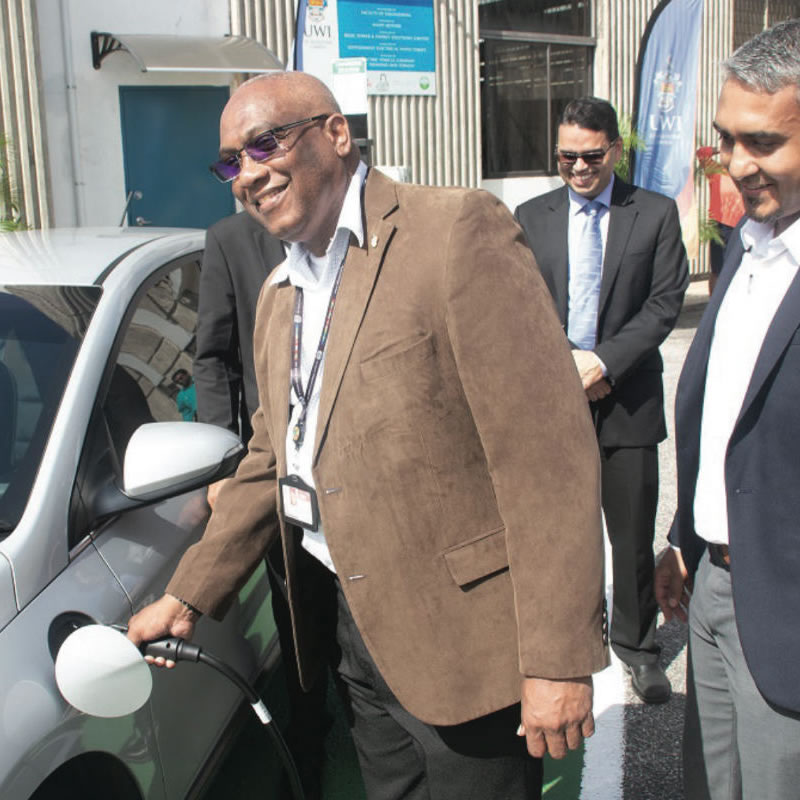The Caribbean’s First Net-Zero Building (NZEB): Jamaica
Mona also became home to the Caribbean region’s first Net-Zero Building (NZEB). Constructed in 2017, the project served as a prototype for the construction of similar structures in the region.
This was made possible with a US$2,361,000 grant and in-kind contributions from the Global Environmental Facility (GEF), with the technical assistance from the United Nations Environment Programme (UNEP), which totalled US$7,461,000 in support.
Why Net Zero Buildings?
In a country plagued with changing rainfall patterns and drought, the campus has long faced water challenges. Net zero buildings:
- Produce enough renewable energy to match their energy consumption requirements.
- Reduce energy consumption by 40%.
- Save up to 30% in water consumption.
- Adapt to local climate conditions.
- Provide greater resilience to natural disasters.
- Can be used as emergency shelters.
- Encourage the implementation of appropriate regulatory, educational and technical tools that will mainstream lessons and transform opportunities for promoting energy efficiency.
- Can increase the use of renewable energy sources across the Caribbean.
